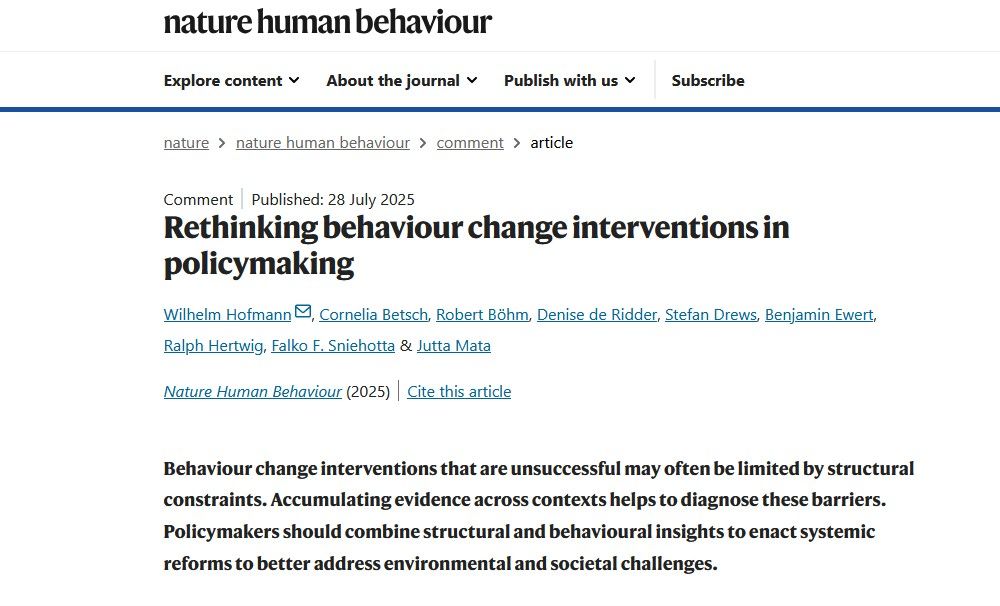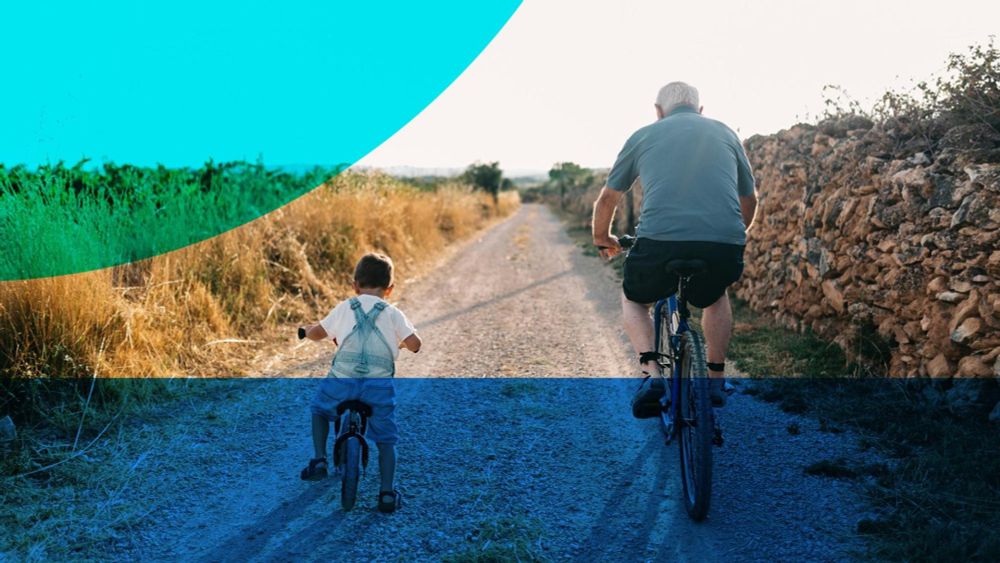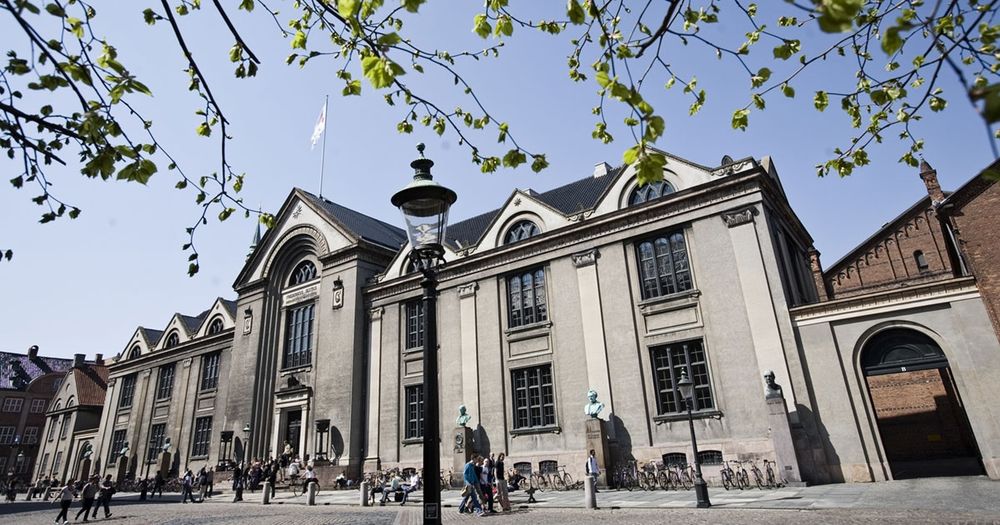Benjamin Buttlar
@benjaminbuttlar.bsky.social
800 followers
440 following
37 posts
I am a social and environmental psychologist at the University of Trier. I'm particularly interested in cognitive conflicts and how people make and follow through with decisions that go against their attitudes.
Check out my work at benjaminbuttlar.de
Posts
Media
Videos
Starter Packs
Pinned
Reposted by Benjamin Buttlar
Reposted by Benjamin Buttlar
Reposted by Benjamin Buttlar
Reposted by Benjamin Buttlar
Reposted by Benjamin Buttlar
Reposted by Benjamin Buttlar
Lena Hahn
@lenahahn.bsky.social
· Aug 18

A Cross-Sectional Study of the Completeness of Preregistrations by Psychological Authors From German-Speaking Institutions - Lena Hahn, Andreas Glöckner, Mario Gollwitzer, Jens Hellmann, Jens Lange, S...
Preregistering confirmatory research aims at reducing researchers’ degrees of freedom and increasing transparency to ultimately increase replicability. Yet the ...
doi.org
Reposted by Benjamin Buttlar
Reposted by Benjamin Buttlar
Reposted by Benjamin Buttlar
Reposted by Benjamin Buttlar
Reposted by Benjamin Buttlar
Reposted by Benjamin Buttlar








